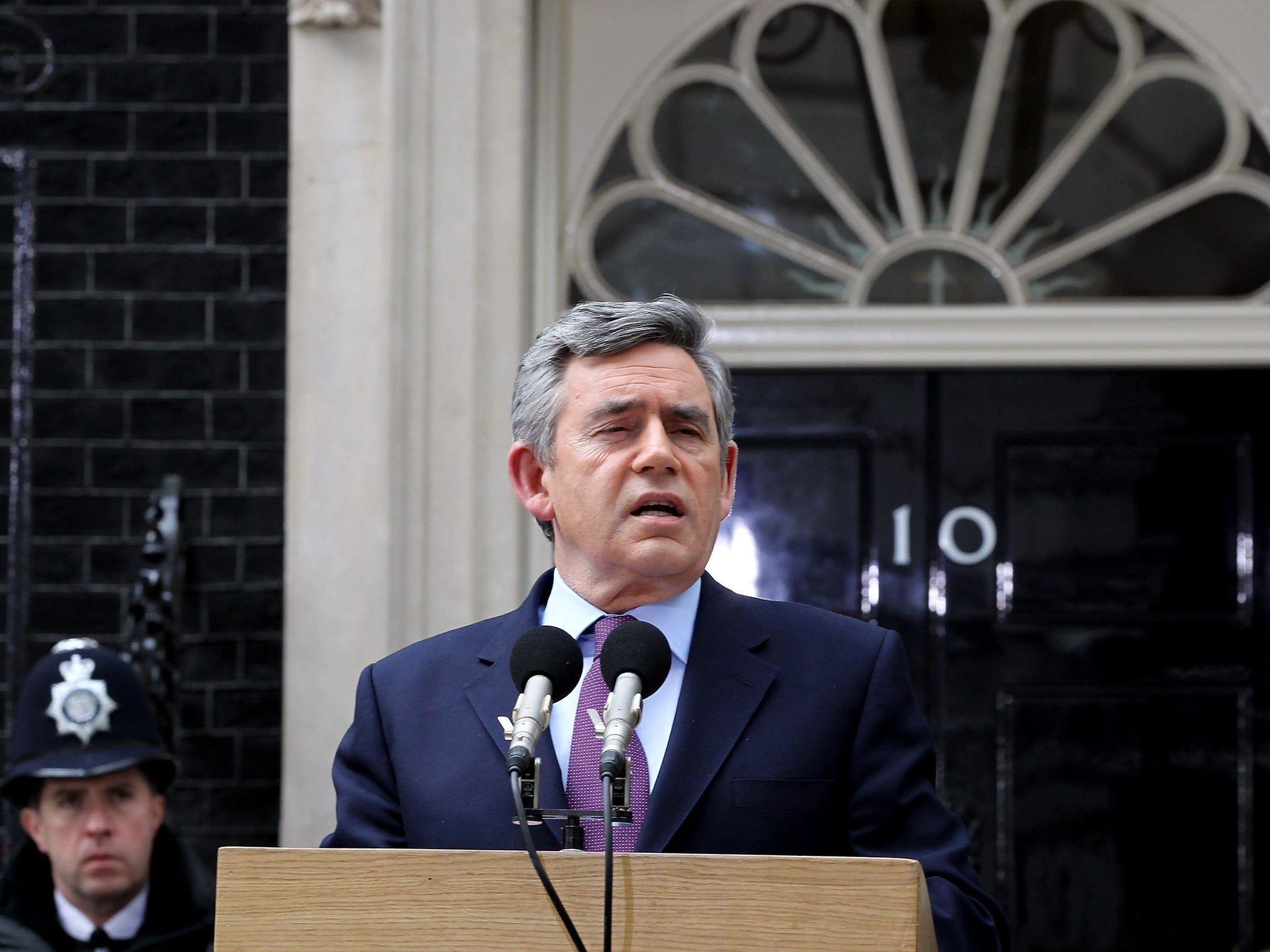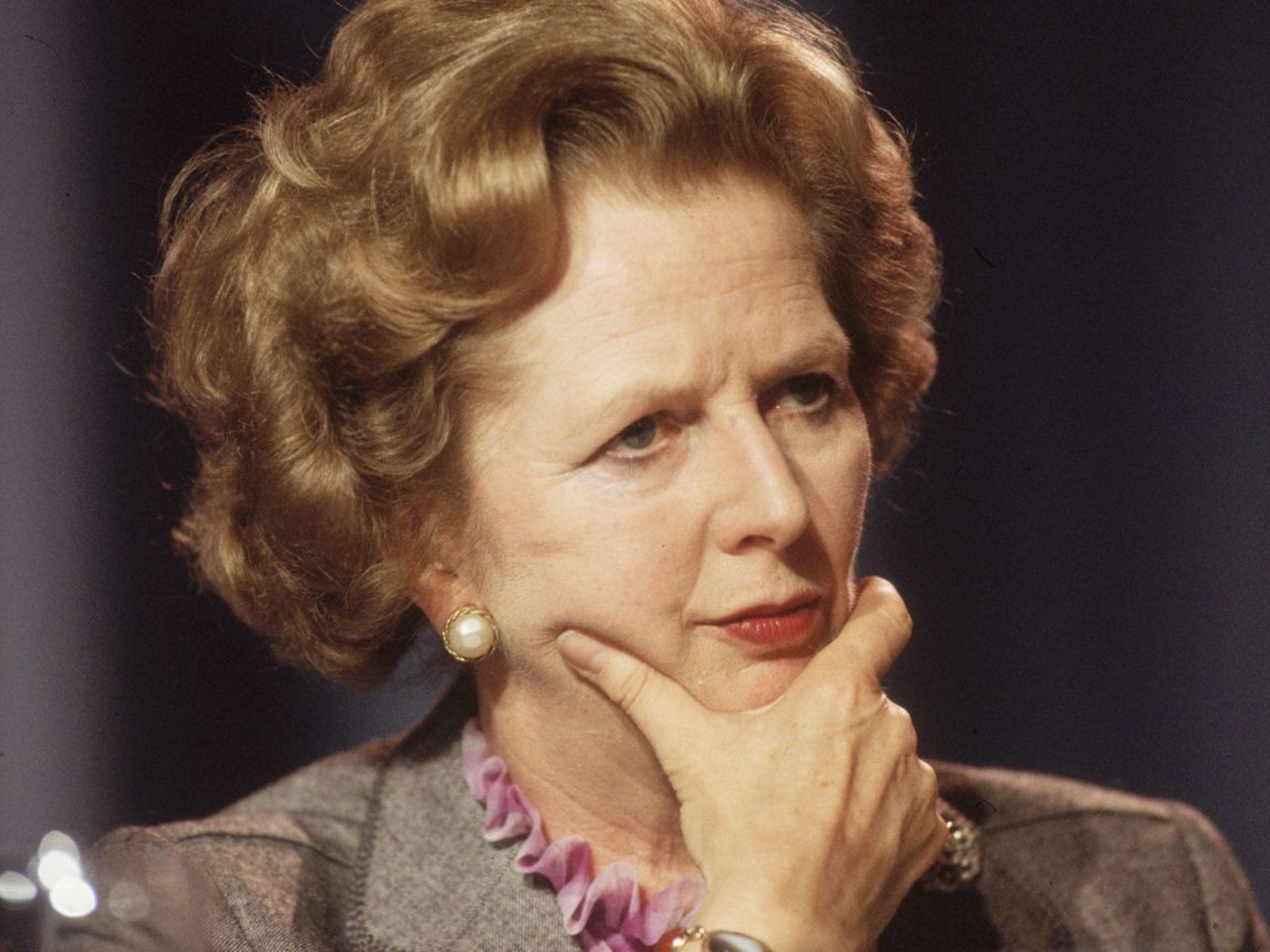Scientist reveal politicians' tone of voice influence their popularity - Jeremy Corbyn might need a speech coach
Scientists have found that it is not just what politicians say but how they say it that wins over a sceptical electorate,

If Jeremy Corbyn wins the Labour party leadership he may want to take a tip from Margaret Thatcher and hire a speech coach to lower his voice should he stand in the next general election.
Scientists have found that it is not just what politicians say but how they say it that wins over a sceptical electorate, with deeper voices being seen as having more leadership quality than higher-pitched speakers.
Gordon Brown, who had a famously deep voice, would have sounded like a true leader even though he failed to win in the 2010 general election, while Ed Milliband’s nasal tones did not add to his political anti-charisma.
Mrs Thatcher realised early on in her political career that her sometimes shrill and strident voice did not go down well with the electorate so hired a voice coach from the National Theatre who trained her to lower her vocal tones.
Now scientists have confirmed what she suspected – voters really do prefer politicians with deeper voices whether they be men or women.

Researchers from the University of Miami in Florida and Duke University in Durham, North Carolina, discovered that political candidates with deeper voices tend to win more votes and interviews with voters suggested that deep voices convey physical strength, competence and integrity – for both male and female voices.
They carried out further research involving 800 volunteers who were asked to complete online questionnaires asking about their preferences towards hypothetical political candidates whose ages ranged from 30 to 70.
It emerged that most people favoured an age range between 40 and 60, which coincided with the ages when most people’s voices reach their lowest pitch, said Casey Klofstad, professor of political science at Miami.
“That’s when leaders are not so young that they’re too inexperienced, but not so old that their health is starting to decline or they’re no longer capable of active leadership,” Professor Klofstad said.
“Low and behold, it also happens to be the time in life when people’s voices reach their lowest pitch,” he said.
In the second part of the study, published in the on-line journal Plos One, the researchers asked 400 men and 403 women to listen to pairs of recording of the phrase “I urge you to vote for me this November” spoken at higher and lower pitches with the help of digital enhancement.

Each participant was asked to judge which of the two voices in each pair sounded stronger, more competent and older, and who they would vote for if the two “voices” were running against each other in a mock election.
The deeper-voiced candidate won between 60 and 76 per cent of the votes, and to the surprise of the scientists it seemed that the prospective voters put a premium on strength and competence, rather than age.
Professor Klofstad and his colleagues believe this preference is instinctual and goes back to evolutionary pre-history when humans lived in tribal communities for thousands of years during the Stone Age when leadership was largely a matter of physical strength.
“Modern-day political leadership is more about competing ideologies than brute force. But at some earlier time in human history it probably paid off to have a literally strong leader,” Professor Klofstad said.
“But if it turns out that people with lower voices are actually poorer leaders, then it’s bad that voters are curing this signal if it’s not actually a reliable indicator of leadership ability,” he said.
Join our commenting forum
Join thought-provoking conversations, follow other Independent readers and see their replies
Comments